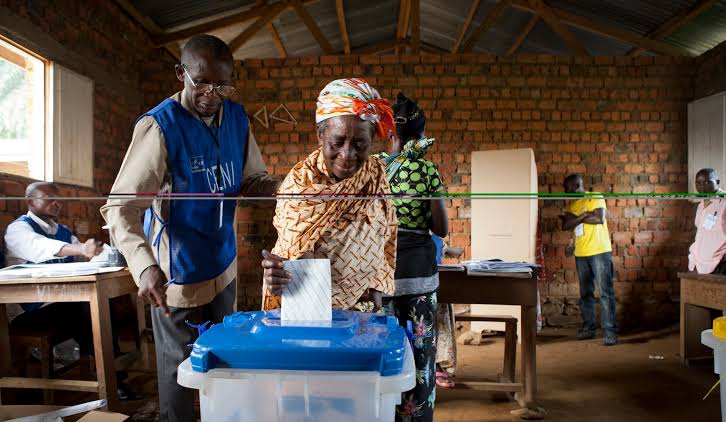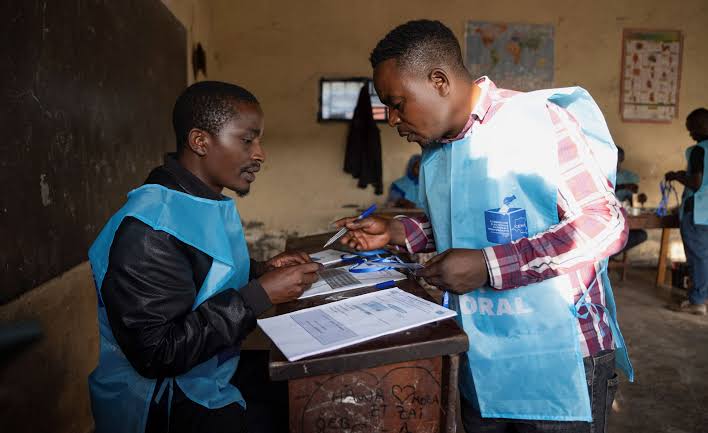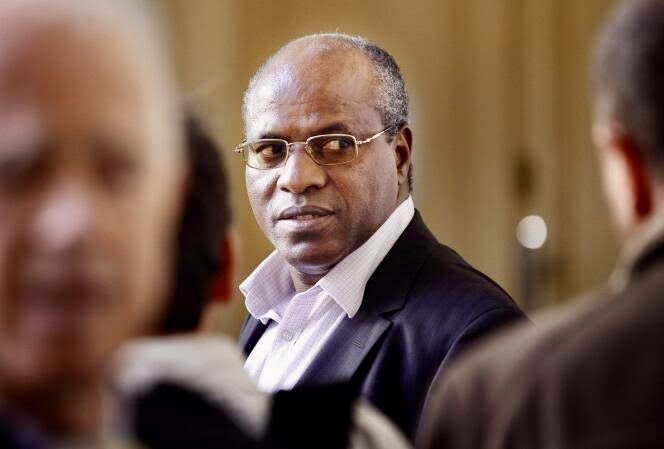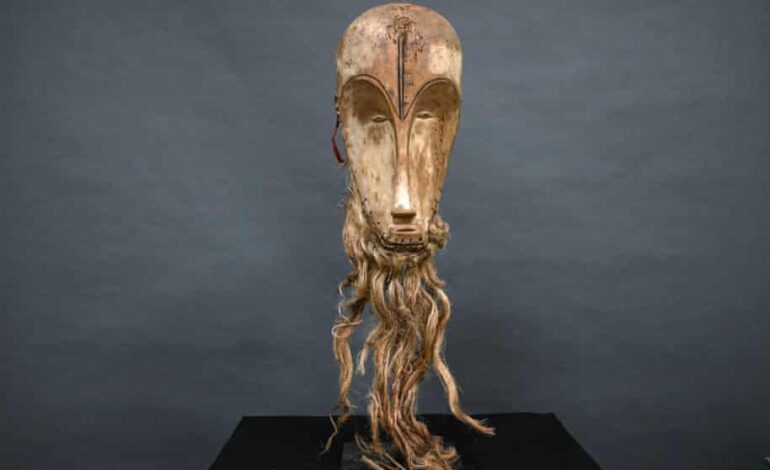
Faith Nyasuguta
Voters in the Democratic Republic of Congo (DRC) faced a tumultuous general election on Wednesday, with significant logistical troubles leading to delays and, in some cases, polling stations failing to open.
The mineral-rich yet vulnerable nation hosted four simultaneous elections to choose a president, national and regional lawmakers, as well as local councillors.
Incumbent President Felix Tshisekedi, seeking a second term, navigated a landscape marked by years of economic growth but minimal job creation and escalating inflation.
However, the election day witnessed widespread delays, with the electoral commission struggling to deliver materials to voting stations long after polls were scheduled to commence. In some instances, polling stations never opened, leaving voters unable to cast their ballots.
Denis Kadima, the head of the electoral commission, announced on national television that locations unable to vote on Wednesday would be given the opportunity to do so on Thursday. However, the details of this extension remain unclear, and the extent of the affected regions is yet to be determined.
Kadima reported to reporters that “not less than 70 percent” of electors had managed to vote, emphasizing that this was an estimate. Five opposition presidential candidates, including prominent figures like Martin Fayulu and Denis Mukwege, rejected the extension, deeming it illegal. In a joint statement, they called for fresh elections.
The DRC, with its vast copper, cobalt, and gold reserves, stands as one of the most impoverished countries globally. Out of its 100 million population, around 44 million Congolese were registered to vote. Over 100,000 candidates contested various positions, making it a complex electoral process.
Results are not expected to be announced for several days. Concerns about the election’s preparation had been raised earlier, and the challenges materialized on the voting day.
The vast size of the country, roughly equivalent to continental Western Europe, coupled with a lack of proper infrastructure, posed a daunting logistical challenge.
By the afternoon, a prominent election observer mission, comprising a union of Congolese Catholic and Protestant churches, highlighted the extent of the voting problems. Nearly a third of polling booths had not opened, and around 45 percent of voting machines encountered technical issues.
Leading opposition figures, including Nobel Peace Prize laureate Denis Mukwege, business magnate Moise Katumbi, and former oil executive Martin Fayulu, raised concerns about irregularities, describing the process as chaotic.
President Tshisekedi, considered the frontrunner in the presidential race with 18 challengers, aimed for a second term to “consolidate his gains.” Throughout the campaign, he criticized what he termed “foreign candidates,” implying dual loyalties and a lack of resistance against alleged external interference.

The electoral campaign also grappled with the overshadowing issue of armed conflict in the eastern part of the DRC. Militias have plagued the region for decades, exacerbated by tensions since the M23 group captured territory in late 2021.
Rwanda faced accusations of supporting the rebels, a charge vehemently denied. While violence had decreased in the weeks leading to the election, M23 still held control over significant areas in North Kivu province, where voting became impossible.
In Goma, a city in the east, a voter expressed concerns about war, lack of employment opportunities, and the neglect of young people. Despite the challenges, voters turned out, driven by the hope of electing leaders who would address pressing issues and ensure the security of the region.
The election results will unfold against the backdrop of logistical hurdles, opposition rejection, and regional complexities, shaping the political landscape of the DRC in the coming days.
RELATED:




